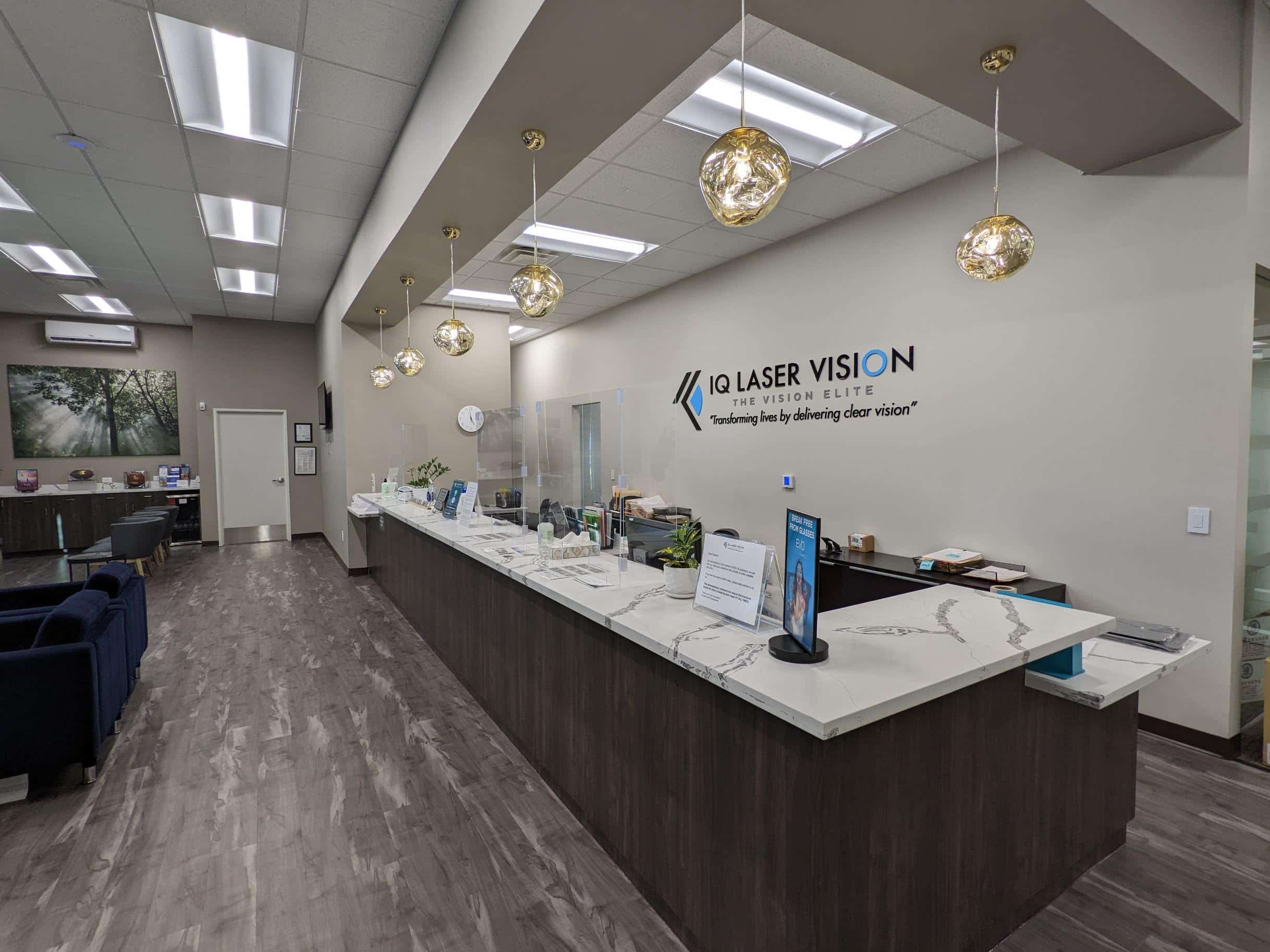Mother’s day is nearly here, and to honor the mother’s in our lives, past, present and future, we’ve put together this quick guide to women’s vision problems so you can give your mom (or yourself) the best Mother’s day ever—the gift of knowledge and better vision.
Why women are prone to eye infections and disease
Women, in particular, can be affected by certain eye conditions due to their hormones, makeup use, contact lenses, longevity and their proneness to autoimmune diseases (like Lupus, Multiple Sclerosis or Sjogren’s Syndrome) which can lead to or exacerbate certain eye problems. Women also tend to be at higher risk because they generally live longer than men.
Eye conditions that women are more likely to develop
- Age-related Macular Degeneration AMD
AMD is the top cause of vision loss in people over the age of 60 in the U.S. Later-stage AMD can lead to severe vision problems, and today, 10% of Americans over the age of 80 suffer from it. The majority of all diagnosed cases are women.
- Closed-angle glaucoma
This condition can result in eye pain, headaches, halos around lights, red eyes and even vision loss. One study showed that eye shape matters, which makes women were more likely to develop closed-angle glaucoma. Fifty-percent more likely, in fact.
- Dry Eye Syndrome
Dry eyes develop from lack of lubrication in the eye. This condition affects nearly half of Americans over 18, and can leave your eyes feeling tired sore and itchy, and lead to blurred vision, red eyes and a burning feeling. Changes in hormones can sometimes cause dry eyes in women, as can autoimmune disorders—making women more likely to develop the condition. The numbers don’t lie 3.2 million women over the age of 50 have dry eye syndrome, compared to 1.68 million men.
How to take control of your eyesight
- Take supplements
Your eye doctor may be able to suggest some types of supplements that can help prevent, or slow the progression of conditions like AMD. Supplements like Zinc, Carotenoids, Vitamin B1 and Omega-3 fatty acids can be beneficial so some people. Talk to your doctor before supplementing.
- Get annual exams
Getting a regular eye exam is vital to ensuring that your vision is at the top of its game and catching any conditions in the earliest stages. Early stage diagnoses (or even better, prevention) can save you a lot of discomforts and poor vision.
- Stay active
Exercise is key to shaping your health across the spectrum. Studies show that exercising for at least 30 minutes every day could help improve your heart health and keep weight down—thus improving your vision too.
- Eat right
Eating right isn’t about fad dieting. It’s about making good, healthy food choices every day. Nutrient-filled food has the potential to improve your health and prevent (and sometimes reverse) certain health conditions. Want to boost your vision health? Check out these foods and recipes.
- Stay on top of your makeup’s expiration dates
Poor makeup habits can lead to discomfort, itchiness and even eye infections. Know when you should ditch your makeup? Get the facts here.
- Protect your eyes (sunglasses and blue light)
UV light and the blue light from your electronics can take its toll on your eyes, leaving you with dry, irritated eyes and compromised vision. Make sure to shield your eyes with UVA/UVB or polarized sunglasses whenever you step outdoors. When using electronic devices, which many of us use on a daily basis, don a pair of blue light glasses. (Here’s a quick and easy DIY pair you can make!).
- Ditch the contact lenses
On the surface, contact lenses provide a low-profile way (free of glasses) to improve your vision. The FDA reveals that contact lens use can pose greater vision risks, such as corneal ulcers, corneal scratches, eye infections, irritations and sometimes, blindness. The risk goes up significantly when using cosmetic contact lenses, which women are more prone to use than men. Give your eyes a break by ditching the contact lenses and opting for glasses or corrective treatments instead.
Your vision is important. Know the facts so you can take the precautions to keep vision—a most valuable asset—in its prime.























